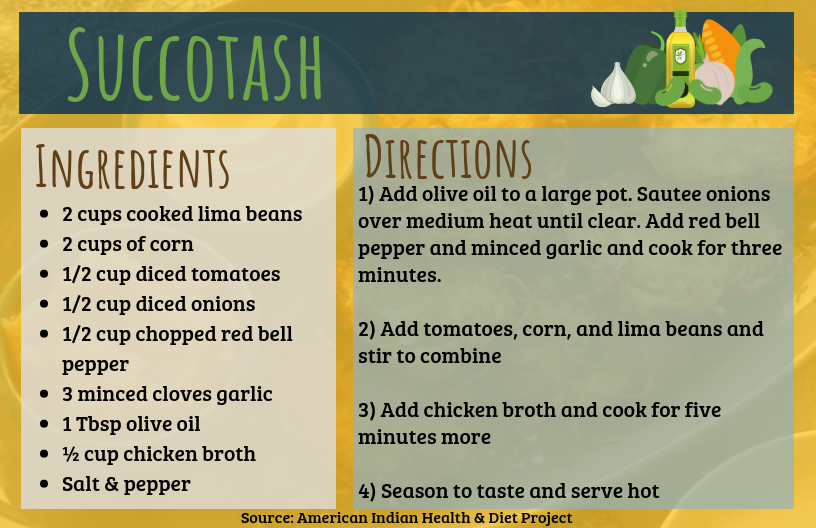Native american heritage series:The Narragansett Tribe
- kristinesantoscura
- Nov 10, 2019
- 2 min read
Updated: Apr 3, 2020
In honor of Native American Heritage Month, The Mav Market will be sharing posts about Native American communities, paired with a recipe adapted from each nation. Our mission is to honor and uplift the communities that were nearly erased due to the colonization of the Americas. The Mav Market looks to celebrate the victories for American Indians, while illuminating the multiple atrocities that have been committed against indigenous communities into the modern age. We hope you enjoy our Native American Heritage Series this November!
The land now known as Rhode Island is where the Narragansett Tribe was first established. The first European colonizers arrived around 1635, to take over the land and establish the colony of Providence on behalf Roger Williams. In 1675, a military force of Puritans massacred a group of Narragansett in what is known as the Great Swamp Massacre, killing mostly women, children, and elderly men. After the massacre, many were forced into the southern areas of the state, which now makes up much of today's Narragansett Reservation. The State of Rhode Island illegally “detribalized” the Narragansett Tribe without federal sanction in the late 1880s to displace the Narragansett from their ancestral land. Despite this, the tribe continued to preserve their culture by maintaining their traditional government structures and customs.
After years of turmoil, strife, and de-recognition from the state and federal government, the Narragansett Indian Tribe fought for and received federal recognition and acknowledgement on April 11, 1983.

The Narragansett tribe was a very independent community. The tribe was known for its incredibly strong warriors, often protecting smaller tribes within the region. The men typically would hunt for their own food to protect their families, while the women would most likely be farming and looking after the children at home. The Narragansett primarily grew squash and beans, and also gathered nuts and fruit to incorporate into their incredibly balanced diet. Something they really depended on was the cultivation of corn. This being said, this week's recipe we present to you our superb Succotash!
Sources:







Comments